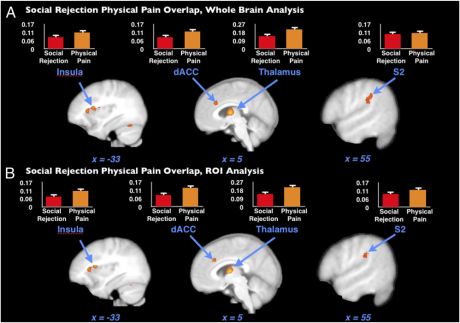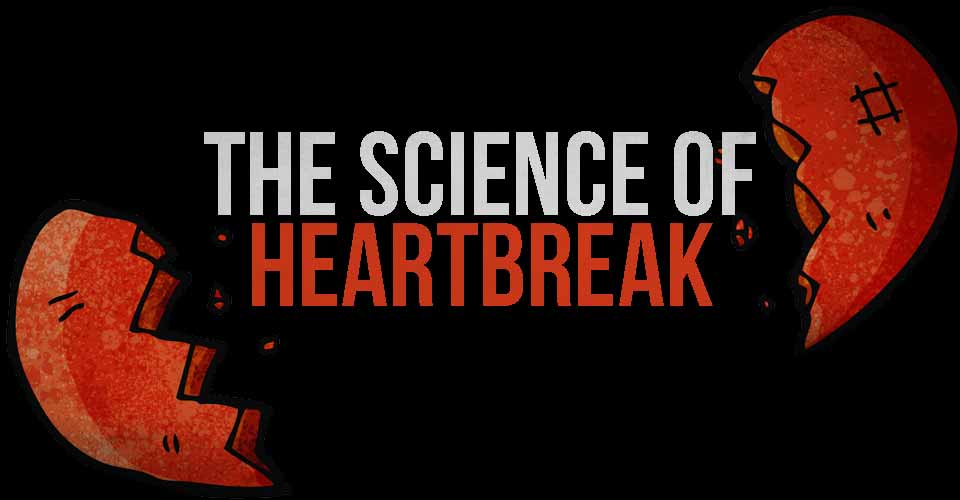With relationships, just like just about anything else in life, with the good comes the bad.
One day you are in a wonderful union with a human being that fulfills every need you thought you could ever have, and the next they are gone. The relationship falls apart like a poorly built shack in the face of a category 5 hurricane. We’ve all been there. Breaking up with someone can be absolutely devastating. I know, I’ve been in that situation more times than I would ever care to admit.
In doing some somewhat unnecessary ruminating on some past breakups and how they affected me. I began to wonder if heartbreak was really that psychologically damaging, or if I was just personally bad at dealing with it. Well, as it turns out, my own personal feelings of devastation after a breakup are totally normal. In fact, I found some very interesting research into the science of heartbreak:
Heartbreak Hurts (Literally)
Edward E. Smith, director of cognitive neuroscience at Columbia University, recently directed a study that showed the brain reacts to rejection in the same manner that it reacts to physical pain. The researchers took 40 people who had recently gone through an unwanted breakup (they were dumped) and made them perform a series of tasks. The first task was looking through a series of pictures of either friends and family or pictures of their recent ex. They other task involved being stimulated on their left arm with a probe that was either mildly warm or intensely hot. Through the series of tasks, the participants were scanned with fMRI imaging equipment to record the reactions in their brains.
When it came to the images of the recent ex and the intense heat, the same parts of the brain that are associated with physical pain lit up on the fMRI scans. Specifically, the dorsal anterior cingulate (dACC), anterior insula (AI), the thalamus, and the right parietal opercular/insular cortex.

So, in essence, our brains react to heartbreak in the same way that they react to physical pain. According to Smith, “This tells us how serious rejection can be sometimes. When people are saying ‘I really feel in pain about this breakup,’ you don’t want to trivialize it and dismiss it by saying ‘It’s all in your mind.’
Our ultimate goal is to see what kind of therapeutic approach might be useful in relieving the pain of rejection. From everyday experience, rejection seems to be one of the most painful things we experience. It seems the feelings of rejection can be sustained even longer than being angry.”
Read: 8 Signs You’re With Someone Who Respects You
So, according to science, that intense physical sensation that is associated with heartbreak is an actual thing. It’s not something that we construct in our own heads – it is a physiological reality.



